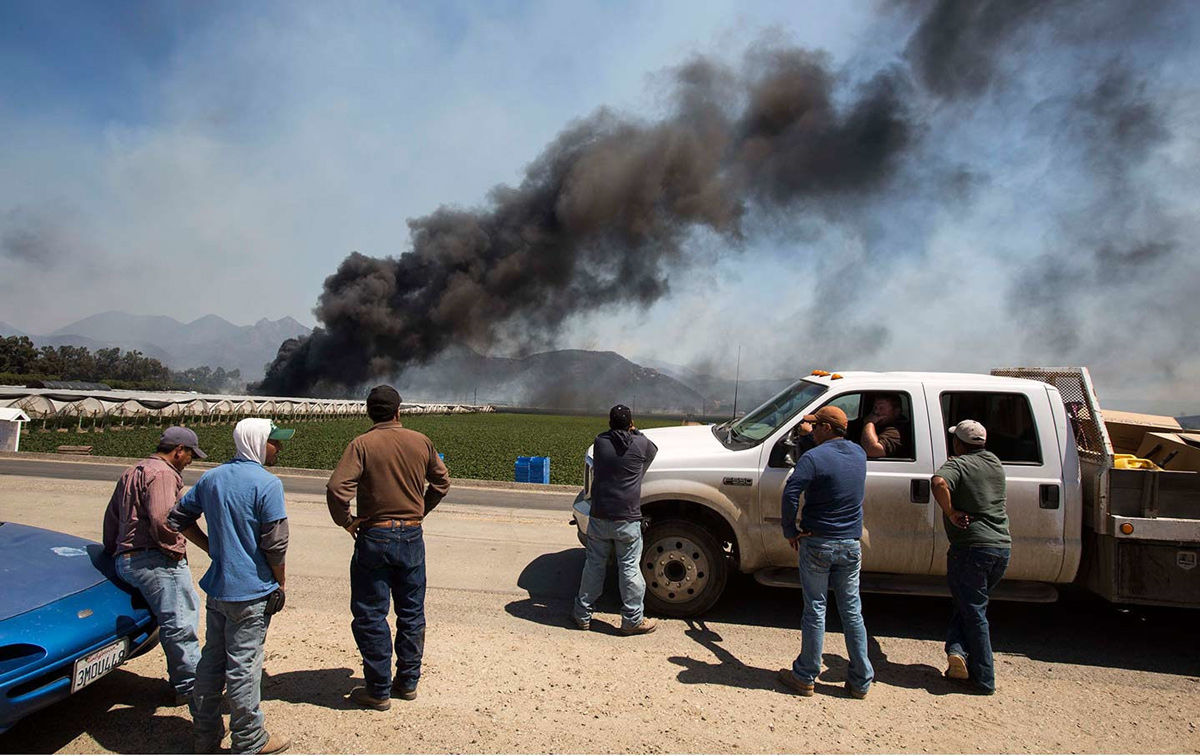
Cal/OSHA Issues Emergency Rules to Protect Workers from Wildfire Smoke
Cal/OSHA has issued emergency regulations that require employers of outdoor workers to take protective measures, including providing respiratory equipment, when air quality is significantly affected by wildfires. Smoke from wildfires can travel hundreds of miles and while an area may not be in danger of the fire, the smoke can be thick and dangerous, reaching […]
July 19, 2019








